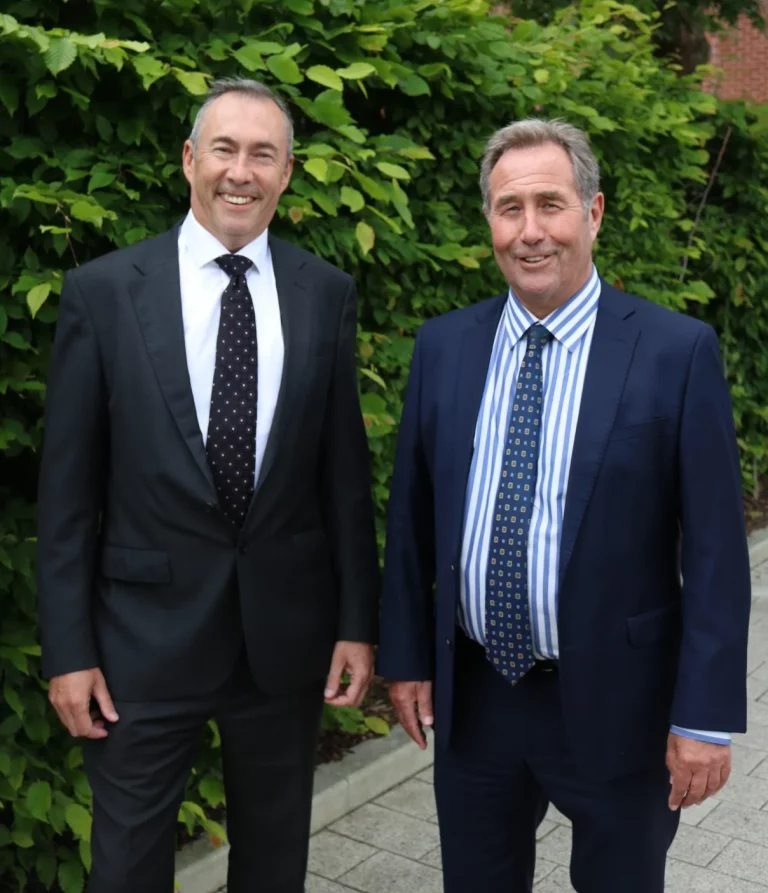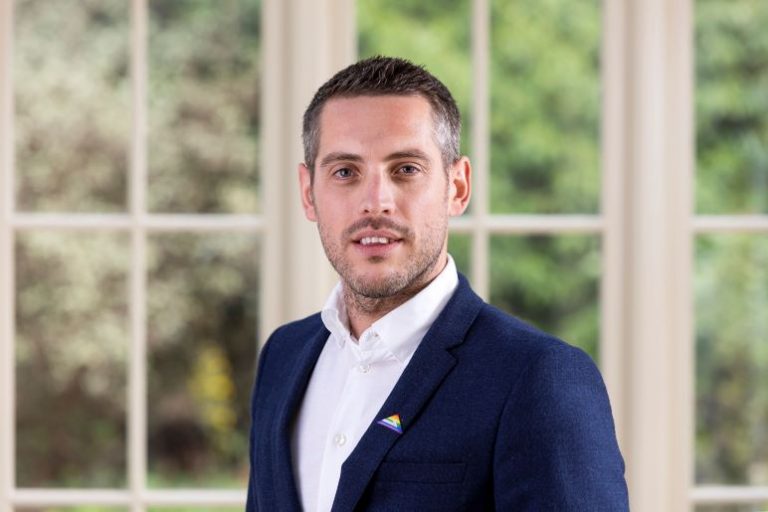Frasers Group has shown “sustained profitable growth” in full year results for the 52 weeks ended 28 April 2024 (FY24), with its CEO hailing it a “break-out year.”
This was seen as adjusted profit before tax at the business grew by 13.1% on the prior year to £544.8m (+13.1%), at the top end of Frasers’ guidance range (£500-£550m).
The continued successful execution of the company’s Elevation Strategy was highlighted, alongside strengthened brand partnerships, which contributed to a strong trading performance from Sports Direct particularly. Frasers Group added: “The continued strength of third-party brand relationships and Sports Direct’s positioning, are unlocking further international expansion opportunities.
“Growing our presence in the Nordics, a joint venture in Southeast Asia, and currently acquiring a leading sports retailer in the Netherlands.”
Looking ahead, strong profitable growth is anticipated, with adjusted profit before tax in the year ahead expected to be £575m-£625m.Michael Murray, Chief Executive of Frasers Group, said: “This has been a break-out year for building Frasers’ future growth. As well as delivering a strong trading performance, particularly from Sports Direct, we made significant progress with our Elevation Strategy. We expanded our retail ecosystem, establishing valuable partnerships with new brands.
“Our brand relationships have never been stronger, giving us invaluable support as we continue the international expansion of our business. We invested in group-wide operational efficiencies in warehouse automation and digital infrastructure, which we expect to yield a tangible impact as early as FY25. And we generated new growth opportunities with the rollout of Frasers Plus, including recently signing our first third party partner in THG.
“I’m really proud of what we have achieved at Frasers this year and would like to thank all colleagues for their continued hard work and our brand partners for their support. Together, we are building a resilient, profitable growth retail ecosystem that delivers exceptional value for our partners, consumers and shareholders.
“We have built a lot of momentum this year and are entering the new financial year with many exciting growth opportunities ahead of us, which we will continue to invest in for the long-term benefit of the Group.”






















